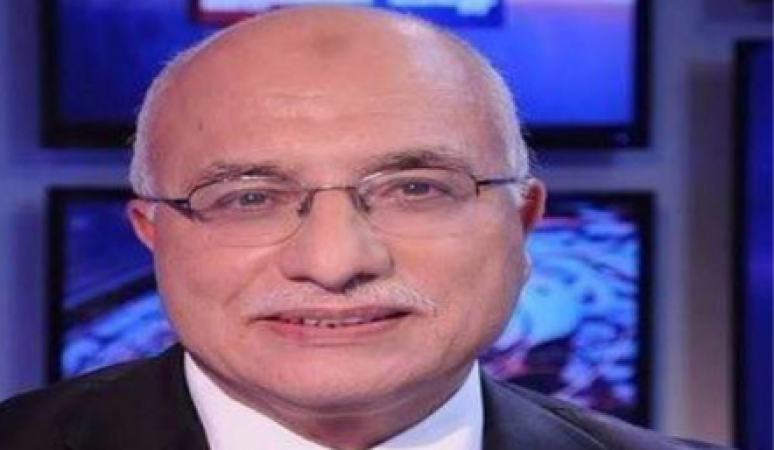
Tunis: Tunisian authorities have heightened political tensions by placing Abdelkarim Harouni, a senior official in the main opposition party Ennahda, under house arrest.
Harouni, who leads the Shura Council, Ennahda's highest-ranking body, was subjected to house arrest without being provided any official reason.
This move is the latest in a series of government actions targeting opposition voices, reflecting the challenges Tunisia faces as it strives to solidify its democratic transition following the 2011 revolution.
Tunisia's journey towards democracy has been marked by considerable challenges since the overthrow of the authoritarian regime in 2011. The nation's democratic transition, though promising, has been marred by political turbulence and economic woes. The recent crackdown on dissent, including arrests of activists and journalists, and the banning of opposition rallies, has further strained the country's political landscape.
Ennahda, an Islamist party, stands as the largest party in Tunisia's parliament. Despite its substantial presence, the party has vocally criticized the government's recent actions, adding to the mounting tensions.
Rached Ghannouchi, Ennahda's leader, has faced allegations of corruption and conspiring to overthrow the government, leading to his investigation. Ghannouchi denies these accusations, but the situation has cast a shadow over the party.
Also Read: Russia Claims to Foil Attack on Crimea Bridge Amid Escalation in Eastern Ukraine
Abdelkarim Harouni's house arrest, a prominent Ennahda figure, is perceived as a blow not only to the party but also to Tunisia's democratic process. Ennahda has demanded Harouni's immediate release and called on the government to cease its crackdown on dissenting voices. The government, however, has remained silent regarding Harouni's house arrest.
The house arrest of Harouni risks deepening the existing political polarization in Tunisia. This move adds to the country's myriad challenges, including a severe economic crisis and a surge in terrorist attacks.
The fragile state of Tunisia's democracy is once again in the spotlight, emphasizing the importance of safeguarding the rights and freedoms of all Tunisians.
Tunisia's house arrest of senior opposition official Abdelkarim Harouni underscores the growing political tensions in the country.
Also Read: Egyptian People Smuggler Jailed in the UK After Incriminating Selfies on Migrant Dinghy
The crackdown on dissenting voices and the targeting of prominent opposition figures threaten Tunisia's democratic aspirations. As the nation grapples with economic woes and security concerns, preserving the principles of democracy and upholding the rights of all citizens must remain paramount.
Tunisia's path to a stable and prosperous democracy depends on fostering inclusivity, dialogue, and respect for fundamental freedoms.